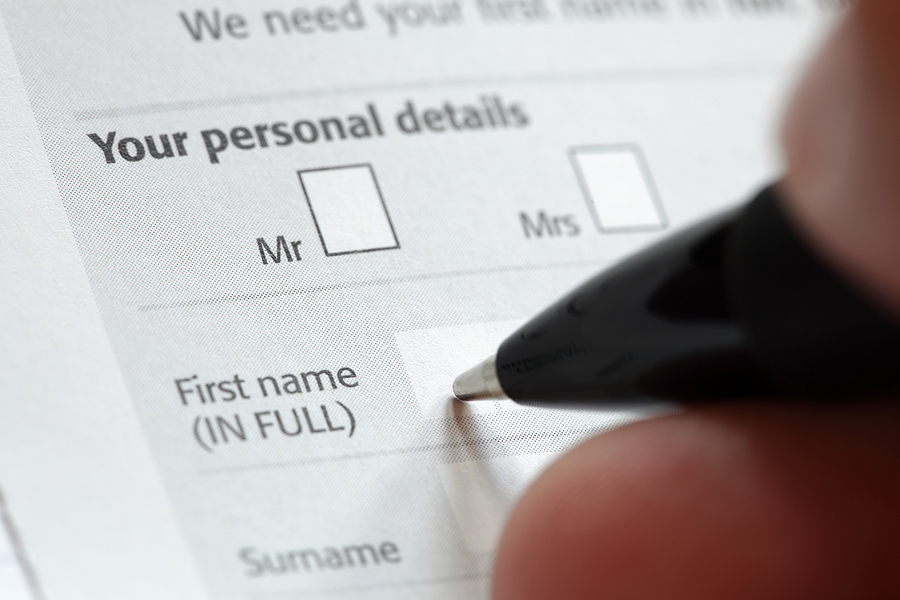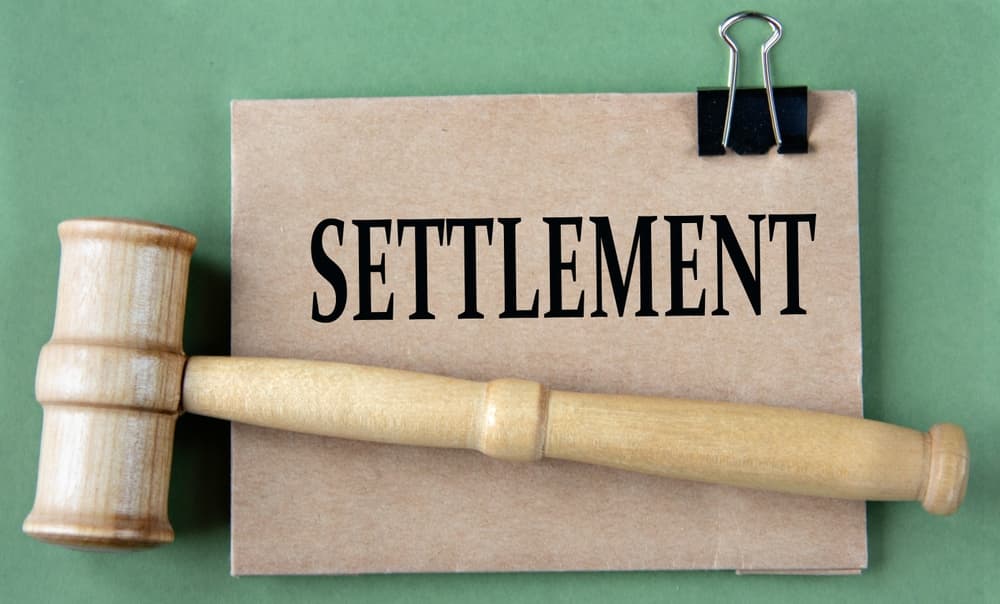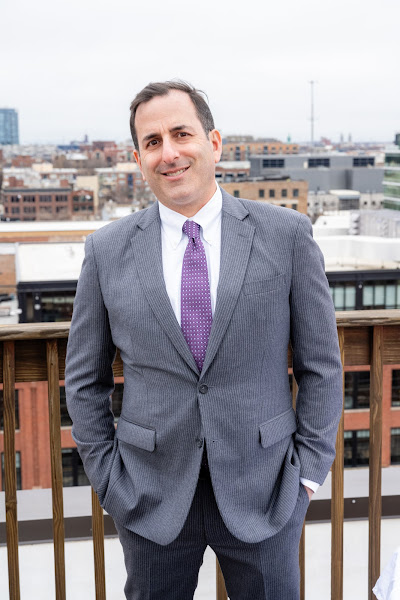After an injury, choosing a lawyer is one of the most significant decisions you will make. The initial consultation is your opportunity to interview them, not the other way around. The key is to ask questions that go beyond the surface. You need to understand their assessment of your case, how their firm operates, and what the financial arrangement will look like.
The stakes are high. In Illinois, you generally have only two years from the date of the injury to file a lawsuit. Furthermore, Illinois law on modified comparative negligence means that if you are found to be more than 50% at fault, you may recover nothing. This makes your choice of legal representation a determining factor in the outcome.
If you have questions about an injury you sustained, call Abels & Annes, P.C. for a free consultation at (312) 924-7575.
Key Takeaways for Choosing a Personal Injury Lawyer
- Ask for their specific assessment of your claim, including potential strengths and weaknesses. This reveals their experience and whether they offer a realistic, honest evaluation instead of empty promises.
- Clarify who will handle your case and how the firm communicates updates. This ensures you know your main point of contact and sets clear expectations for staying informed.
- Understand the contingency fee structure, including the percentage and how expenses are handled. Knowing whether the fee is calculated before or after costs are deducted directly impacts how much compensation you receive.
Questions About Your Case & Their Initial Assessment
Based on what I've told you, do you think I have a valid claim? Why or why not?

This is the foundational question. A straightforward answer is a good sign, and a thoughtful response should reference the concept of negligence. Simply put, negligence is the failure to act with the level of care that a reasonable person would have used under the same circumstances. For your claim to be valid, we must show that someone else's failure to act with reasonable care caused your injury.
Listen for an answer that explains the strengths and potential weaknesses they see based on the information you've provided. A lawyer who makes grand promises without knowing all the facts is a red flag. A candid assessment, even if it includes potential difficulties, shows honesty and a realistic approach.
What are some of the challenges you foresee with my case?
Every case likely has hurdles. An honest lawyer will be upfront about them because preparing for challenges helps in overcoming them. Potential challenges include:
- Disputed Fault: The other party might claim you were partially to blame. As mentioned, this is particularly important in Illinois. Due to the state's 51% bar for recovery, if you are found to be more than 50% at fault, you cannot recover any damages.
- Gaps in Medical Treatment: Insurance companies may argue that a delay in seeking medical care means your injuries weren't serious. Seek treatment promptly and follow your doctor's orders.
- Pre-existing Conditions: The defense might try to argue your pain is from an old injury, not the recent accident. We anticipate this and work to show how the accident aggravated or worsened your prior condition.
What is the Illinois statute of limitations for my type of case, and how does it affect us?
A statute of limitations is a strict, legally mandated deadline for filing a lawsuit. For most personal injury claims in Illinois, this deadline is two years from the date the injury occurred. Missing this deadline means you lose your right to sue, no matter how strong your case is.
What kind of damages could I potentially recover?
A lawyer explains the different categories of damages without guaranteeing a specific dollar amount. These typically fall into two main categories:
- Economic Damages: These are the tangible, calculable losses you have suffered. They include things like medical bills (both past and future), lost wages from being unable to work, and the cost to repair or replace damaged property.
- Non-Economic Damages: These are intangible losses that don't have a specific price tag but are just as real. This category includes things like pain and suffering, emotional distress, and the loss of your ability to enjoy life's activities.
Questions About Their Experience & How the Firm Handles Cases
You need to know who will actually be working on your case and how they have handled similar situations in the past. Their experience and the firm's internal structure directly impact your case's progression and its final outcome. These questions help you understand exactly who you will be working with.
Have you handled cases like mine before? Can you give a general example?
While every case is unique, you want a lawyer who is familiar with the specific type of accident you were in. A trucking accident case is very different from a slip and fall, and both differ from incidents involving rideshares or e-scooters.
Who will be my main point of contact? Will you be the lawyer handling my case personally?
A common concern is that you meet with a senior partner during the consultation, only to have your case handed off to a less-experienced associate you've never met. A clear answer will define the roles of everyone on your legal team. This sets clear expectations from the very beginning.
How will the firm keep me updated on the progress of my case?
Clear and consistent communication significantly reduces the anxiety that comes with a personal injury claim. A well-run law firm will have a clear policy on client communication. When you ask this question, listen for specifics:
- Frequency: Do they provide updates on a regular schedule, such as monthly, or do they only reach out when there are major developments?
- Method: How will you receive these updates? Will they come via email, phone calls, or does the firm use a secure online client portal?
- Responsiveness: What is their policy for returning a client's call or email? A firm gives you a clear timeframe, such as within 24 business hours.
What is your philosophy on settling cases versus going to trial?

The reality is that most personal injury cases settle out of court. However, the insurance company's best offer typically comes only when they know your lawyer is fully prepared and willing to take the case to trial.
A balanced answer is what you're looking for here. A good lawyer prepares every case as if it might go to trial, because this thorough preparation leads to better settlement offers. Their strategy should not be exclusively focused on achieving a quick personal injury settlement, nor should it be to aggressively push every case to a trial. The decision is always based on what is best for you and your specific circumstances.
Questions About the Legal Process & What Is Expected of You
You want a lawyer who clearly outlines the road ahead and tells you exactly what they need from you to build the strongest case possible.
What is the general timeline for a case like mine?
While no lawyer gives you an exact date for when your case will be resolved, they explain the typical phases of the process. The stages usually include:
- Investigation and Evidence Gathering: This is the initial phase, where your legal team collects police reports, medical records, witness statements, and any other evidence.
- Filing the Claim & Negotiation: Once the evidence is gathered and your medical treatment has stabilized, your lawyer will present a demand package to the insurance company and begin negotiations for a fair settlement.
- Filing a Lawsuit (if necessary): If the insurance company is unwilling to offer a fair settlement, the next step is to file a formal lawsuit with the court.
- Discovery: This is the formal, court-supervised process of exchanging information with the other side. It involves written questions, requests for documents, and depositions (sworn out-of-court testimony).
- Settlement or Trial: Many cases settle during the discovery phase. If not, the case will proceed to trial for a final resolution.
What information do you need from me right now and throughout the case?
An organized lawyer provides you with a clear list of what they need from you. Be prepared to provide the following:
- All Medical Records: A list of all doctors, hospitals, physical therapists, and other healthcare providers you have seen for your injuries.
- Proof of Lost Income: Recent pay stubs or a letter from your employer detailing your rate of pay and time missed from work.
- Insurance Information: A copy of your own auto or health insurance policy and any information you have from the at-fault party.
- Photos and Videos: Any pictures or videos you took of the accident scene, your vehicle, or your injuries.
- A Written Account: Your detailed memory of how the accident happened. Writing this down early helps preserve important details.
Questions About Fees and Costs
After an injury, money is typically tight. Medical bills are arriving, and you may be unable to work. The thought of paying a lawyer on top of everything else is a major source of stress. How do you afford legal help at a time like this?
The answer is the contingency fee model, which was designed to remove the financial barrier to getting high-quality legal representation.
How do you get paid? Can you explain the contingency fee agreement?
Most personal injury lawyers work on a contingency fee basis. This is a straightforward arrangement: the lawyer's fee is a percentage of the money they recover for you. If you don't win your case—meaning, you receive no settlement or jury award—you do not owe them any attorney's fees.
This model allows you to secure legal help without paying any money upfront, ensuring that your ability to pursue justice isn't dependent on your financial situation.
What are typical case expenses, and who pays for them if we lose?
Beyond the attorney's fee, every case involves costs. These are the funds needed to build and pursue your claim. Common expenses include:
- Court filing fees
- Fees for expert witnesses, such as accident reconstructionists or medical experts
- Costs for obtaining medical records and police reports
- Deposition and court reporter costs
The law firm will typically front these costs on your behalf. A follow-up question is what happens to these expenses if the case is unsuccessful. The fee agreement states whether you are responsible for repaying these costs even if there is no recovery.
Frequently Asked Questions About Choosing a Personal Injury Lawyer
Do I really need a lawyer if the other person’s insurance already made me an offer?
An initial offer from an insurance company is typically far less than what your claim is actually worth. It is a starting point for negotiation, and it likely doesn't account for future medical care, lost earning capacity, or the full extent of your pain and suffering. A lawyer's role is to assess the true, full value of your claim and pursue the maximum compensation available under the law.
Is there a benefit to hiring a local Chicago-based law firm?
Yes. A local firm understands the intricacies of the Cook County court system. They have established relationships with local judges and opposing counsel and may even be familiar with the specific intersection or location where your accident occurred. This local knowledge is a significant advantage in handling your case efficiently and effectively.
How quickly do I need to hire a lawyer after my injury?
While you have two years to file a lawsuit, acting sooner is always best. Over time, evidence is lost, witness memories fade, and physical conditions at the scene change. Hiring a personal injury lawyer promptly gives them the time needed to conduct a thorough investigation and build the strongest case possible, well before any deadlines approach.
Can I switch lawyers if I'm unhappy with the one I hired?
Yes, you have the right to change attorneys at any point in your case. Your previous lawyer may be entitled to a portion of the final attorney's fee for the work they performed, but this is something that your new lawyer typically handles directly with the old firm. It does not result in you paying a higher overall fee.
Your Next Step is a Conversation, Not a Commitment

The purpose of these questions is to help you find a partner you trust during a difficult time. We’re here to answer your questions, and our first conversation is always free and confidential.
Call Abels & Annes, P.C. today to get your questions answered at (312) 924-7575.